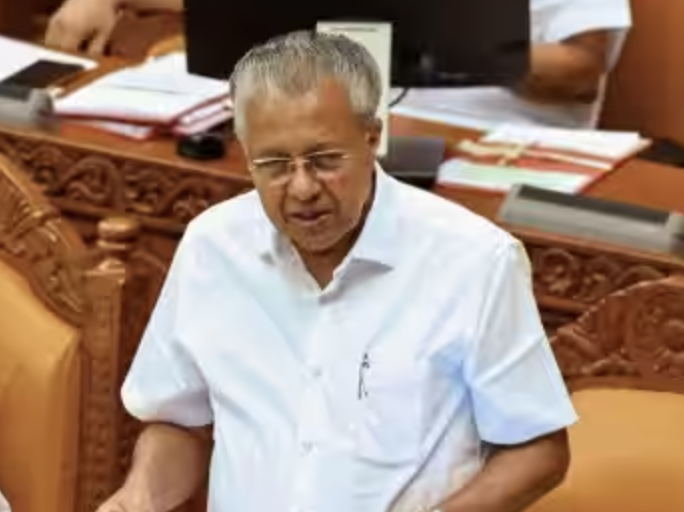Kerala Assembly adopts resolution against Uniform Civil Code: Can states make laws on UCC?
The Kerala Legislative Assembly on Tuesday (August 8) unanimously adopted a resolution expressing its concern and anxiety over the “Union Government move to impose a uniform civil code (UCC).’’ Over the last year, several states have voiced opinions on the proposal for a common personal law code. While some states have set up panels to formulate a law, others have expressed concerns.
The UCC is often painted as ‘one law for one nation’ but what powers do states have to make law on the issue?
What does the Kerala resolution on UCC say?
The Kerala Assembly resolution essentially strikes a cautious note that a proposed UCC could harm the secular nature of the country. The resolution also talks about federalism – that the Centre could make a unilateral move on the contentious issue without consulting states.
“The Constitution refers to civil code only in its Directive Principles. It is critical to note that the Uniform Civil Code was limited to Directive Principles. Implementation of Directive Principles is not mandatory. The court may order to enforce Fundamental rights. But the Directive Principles of Article 44 of the Constitution cannot be enforced even by the courts. It is essential to understand how much thought the founders of the Constitution put into their decision,” the resolution stated.
Can the Centre make a law unilaterally on UCC?
The issue of personal laws falls in List III —the Concurrent List of the Seventh Schedule to the Constitution. While subjects in the Union lists fall within the purview of the Parliament, states can legislate on subjects in the State List.
For entries in the Concurrent List, Article 162 of the Constitution gives state governments the power to legislate on subjects where a central law does not occupy the field. If there is a central law, it automatically gains precedence over the state law on the subject.
Article 162 of the Constitution reads: “Extent of executive power of State Subject to the provisions of this Constitution, the executive power of a State shall extend to the matters with respect to which the Legislature of the State has power to make laws Provided that in any matter with respect to which the Legislature of a State and Parliament have power to make laws, the executive power of the State shall be subject to, and limited by, the executive power expressly conferred by the Constitution or by any law made by Parliament upon the Union or authorities thereof Council of Ministers.”




No comments: